Try MBT PULI-NANO to break up the soil crust
Winter jujube is light-loving, wind-resistant, and does not require high soil conditions. The winter jujube is highly adaptable and tolerant of salinity, and can be planted in large quantities in saline and alkaline land. It should be noted that winter jujube is suitable for growing in slightly alkaline or neutral sandy loam with deep, fertile soil. Therefore, in the process of planting and management, the phenomenon of weak tree strength often occurs. This negatively affects the field management and final yield of winter jujube.
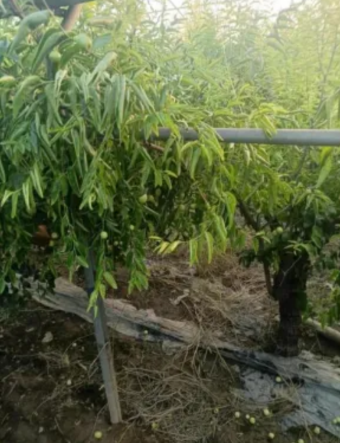
Weak winter jujube trees
Through the field visits, it was found that there were three main problems with the soil: ①nutrient enrichment on the soil surface. ②Soil crusting and deterioration of permeability. Soil acidification and secondary salinisation.
The main causes of these problems are the long-term excessive use of chemical fertilisers and the lack of attention to organic matter supplementation. In other words, there is a serious shortage of soil organic matter.
Soil aeration and soil water content are important characteristics of soil fertility. It is an indispensable condition for ensuring soil air quality, enabling normal plant growth and promoting normal life activities of microorganisms, among other things.
1. Poor soil aeration affects microbial activity and reduces the rate of decomposition of organic matter and the effectiveness of nutrients.
2. Poor soil aeration causes organic matter in the soil to decompose to form hydrogen, which can cause chemical reduction of oxygen-rich salts and trivalent iron and tetravalent manganese.
3. When there is little oxygen and much carbon dioxide in the soil, it raises the acidity of the soil, which is suitable for the development of disease-causing moulds and predisposes the crop to pests and diseases.
4. Good aeration is essential for crops to absorb large amounts of water.
The range of values for soil moisture content varies depending on soil type, climatic conditions and season. For example:
① Sandy soil: 5 to 10 per cent
② Loamy soil: 10 to 20 per cent
③ Clayey soil: 20%~30
④ Clay-sand soil: 15 to 25 per cent
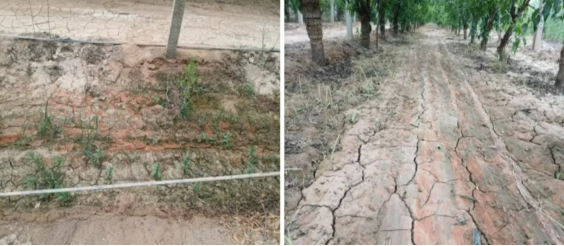
Obstructive soils
Obstructive soil often leads to tree weakness and affects winter jujube management. Water and fertiliser float on the surface, and infiltration is difficult. This in turn leads to upward floating of the root system and unstable tree strength. It is easy to produce large and small year problems.
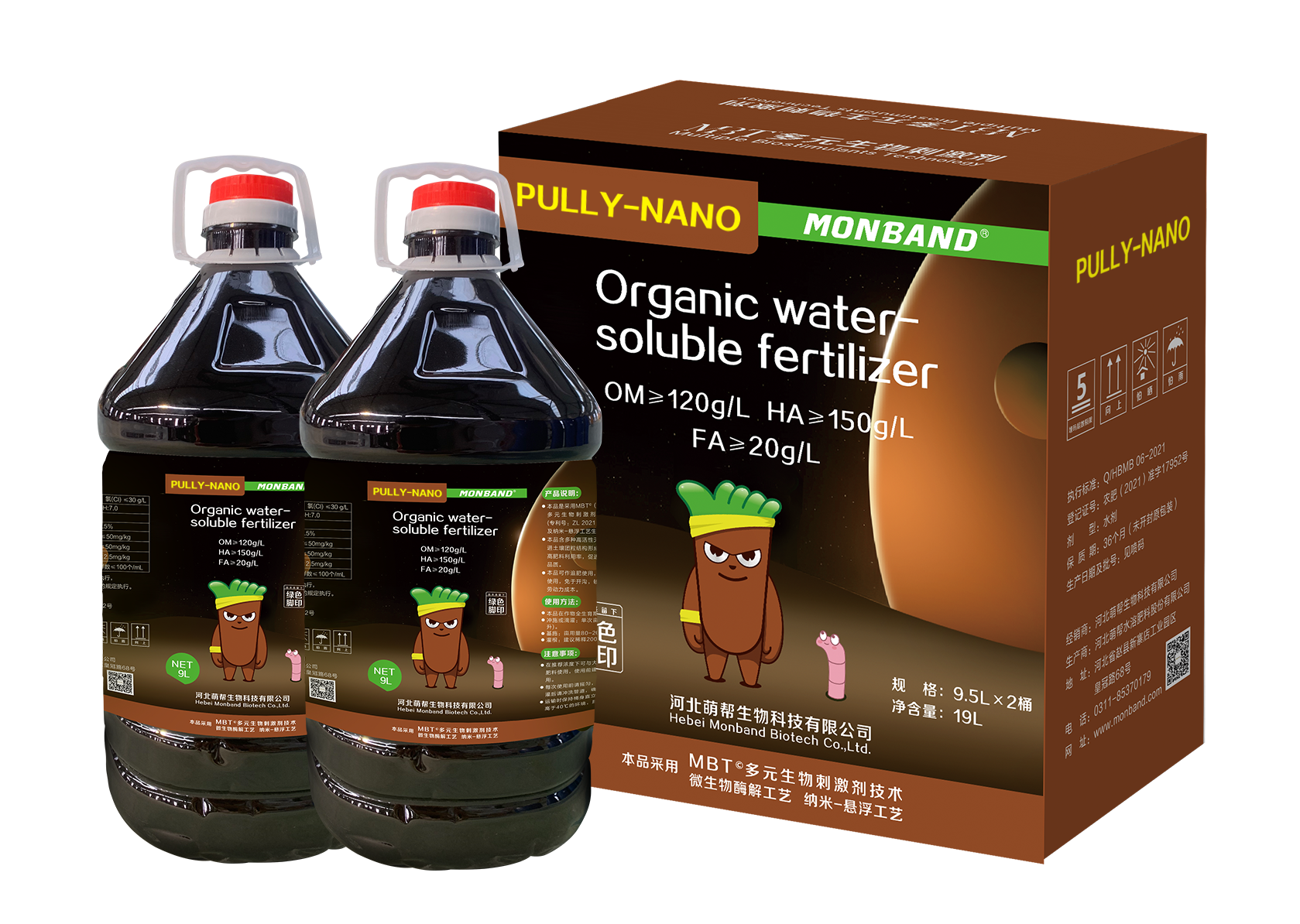
Monband®MBT PULI-NANO, prepared using nano-milling technology, microbial enzymatic technology. The product is rich in humic acid. It can chelate and release the fixed nutrients in the soil. At the same time, it helps loosen the soil, enhance soil permeability and increase soil water content. In turn, it promotes water and fertiliser infiltration and rooting. Reduces the soil crusting caused by heavy water irrigation.
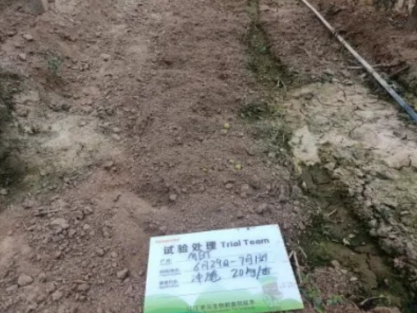
Soil conditions with MBT PULI-NANO
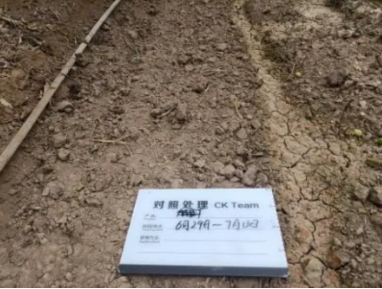
Soil conditions without the use of MBT PULI-NANO
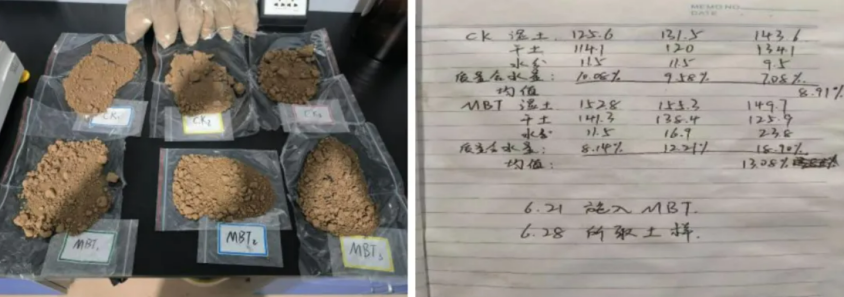
Experimental data
The test showed that after using MBT PULI-NANO, the soil granularity was reduced, the slaty clods were significantly reduced, and the soil water content increased. It was able to reach the range of loamy soil.




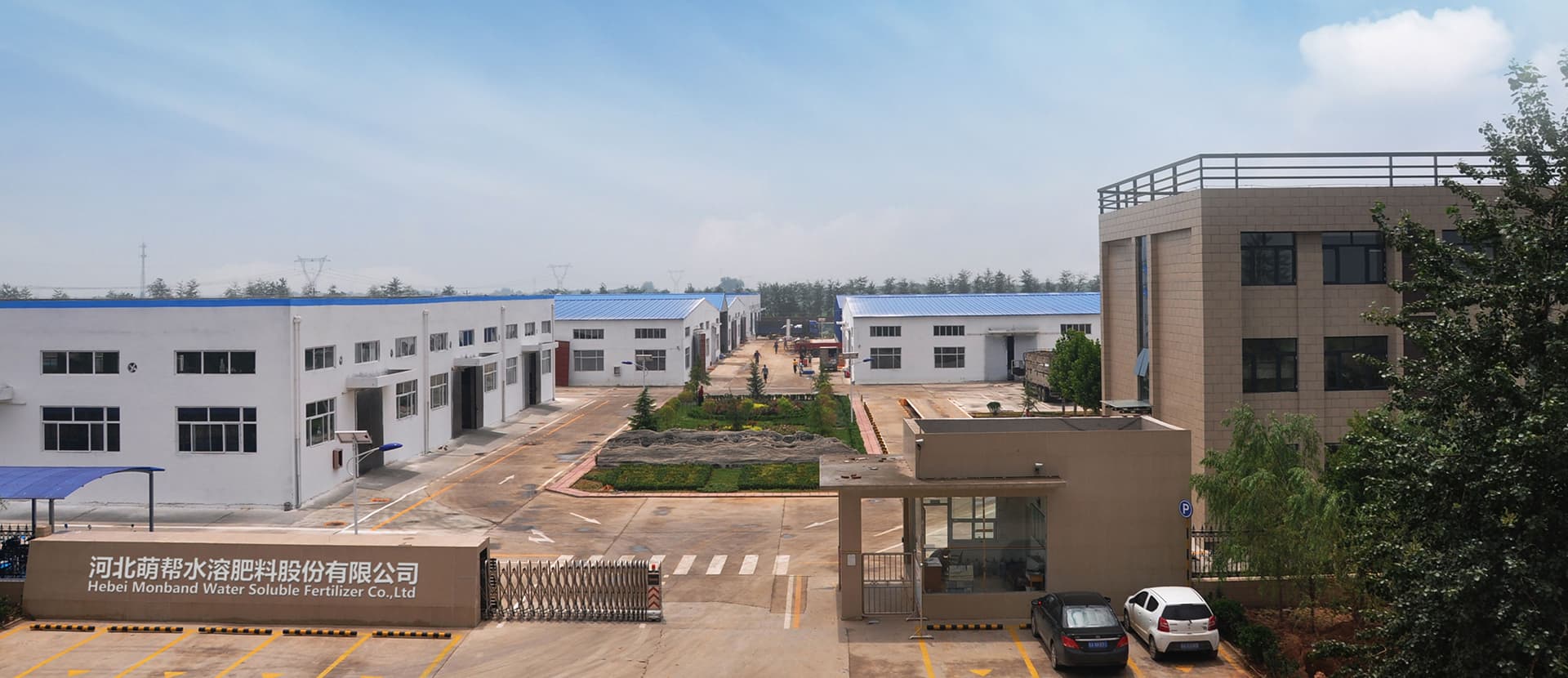
 Learn more
Learn more
 冀公网安备13019902000986
冀公网安备13019902000986